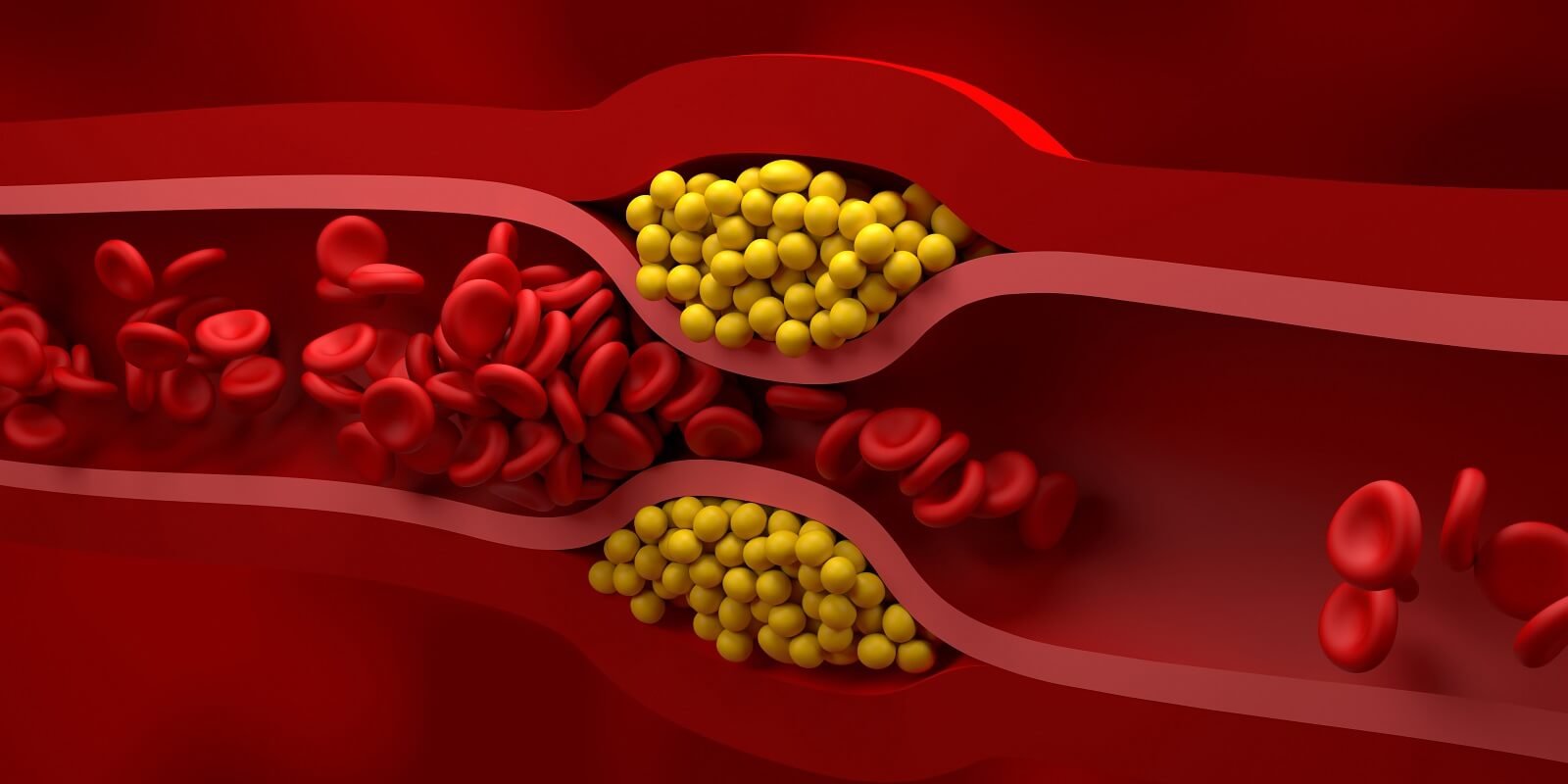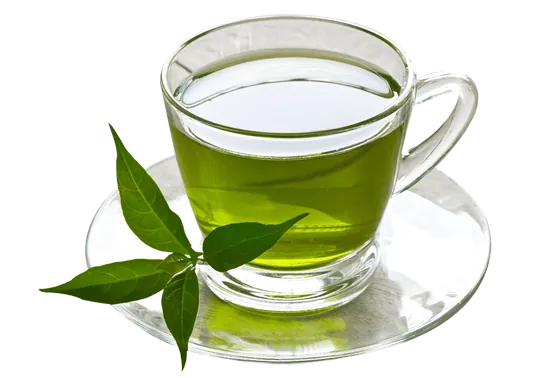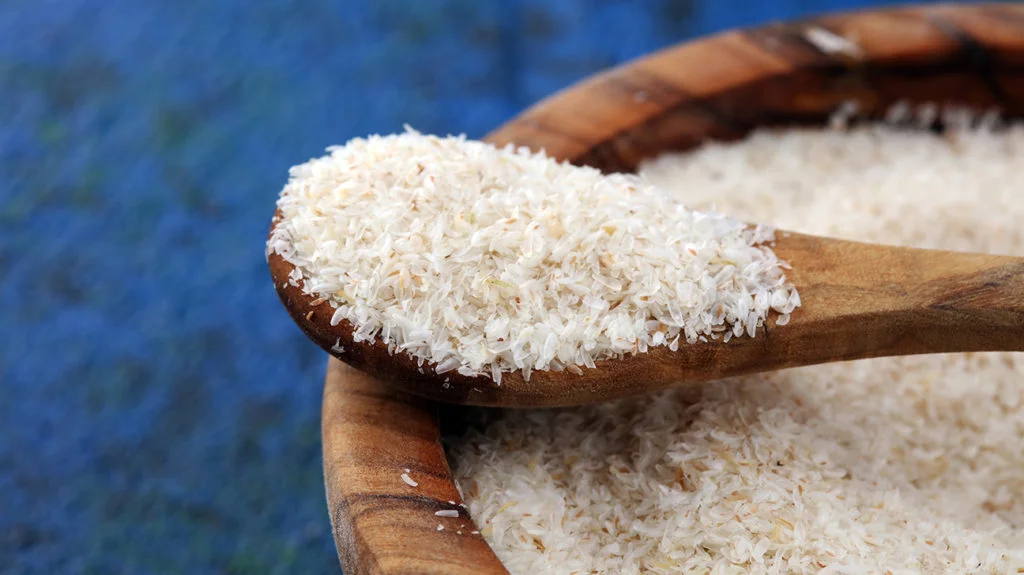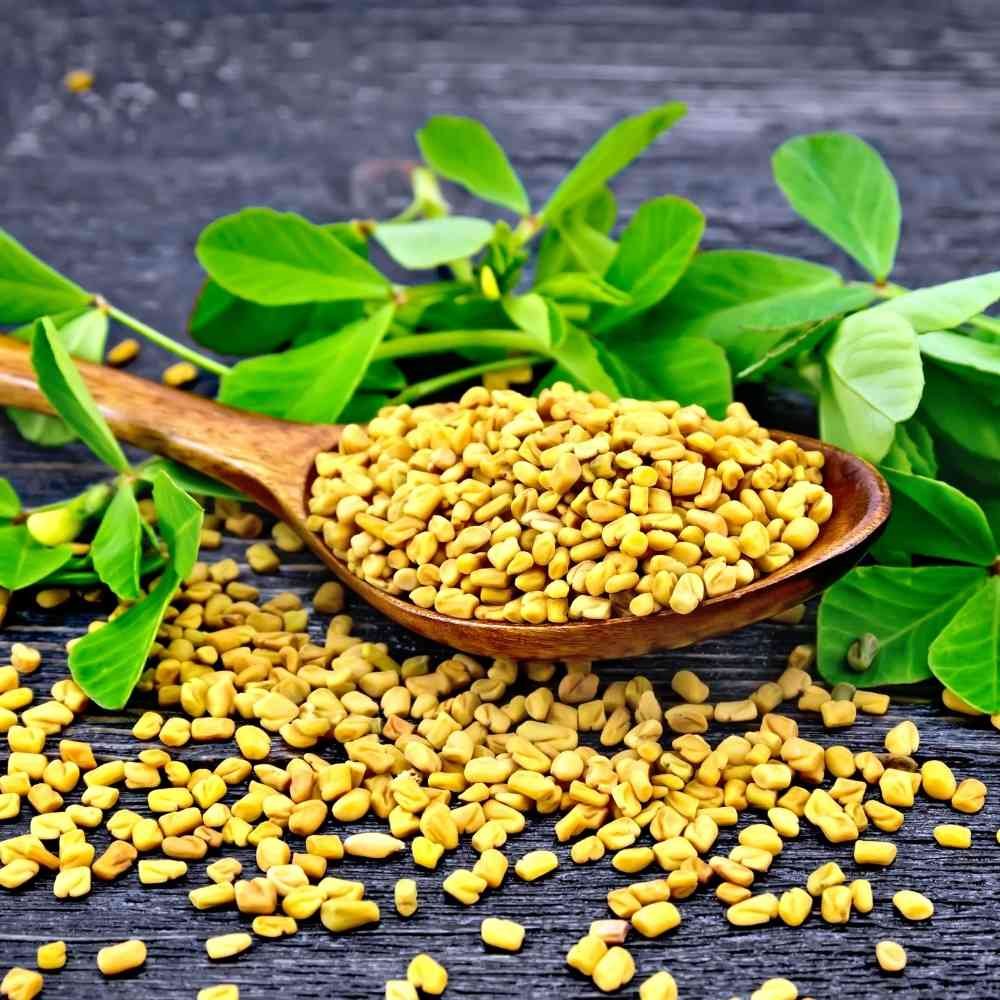Understanding Cholesterol and How Natural Herbs Can Help
Cholesterol plays a major role in our overall heart health. When levels go out of balance, it can lead to serious cardiovascular issues. But not all cholesterol is bad—let’s first understand the two types:
1. LDL (Low-Density Lipoprotein)

Often referred to as “bad” cholesterol, LDL can build up in the arteries and create blockages. This raises the risk of heart attacks and strokes.
2. HDL (High-Density Lipoprotein)

Known as “good” cholesterol, HDL helps flush out LDL from the bloodstream and offers protective benefits for your heart.
While a healthy diet, regular physical activity, and weight management are the foundation of cholesterol control, certain herbal and natural remedies can give you an extra edge in maintaining optimal heart health.
6 Powerful Natural Herbs to Help Lower Cholesterol
Here are six time-tested natural herbs and remedies that can support your heart by managing cholesterol levels safely and effectively:
1. Garlic (Lahsun)

Garlic is a powerful cholesterol-lowering remedy that has been used for centuries in traditional medicine.
Key Benefits:
-
Helps reduce LDL (bad cholesterol)
-
May raise HDL (good cholesterol)
-
Regulates blood pressure
-
Has anti-inflammatory and antimicrobial properties
How to Use:
Take 1–2 raw garlic cloves on an empty stomach with water each morning. You can also include garlic in your meals or take it in pickled form (especially in vinegar) or as a supplement.
2. Green Tea

More than just a soothing drink, green tea is packed with heart-protective antioxidants.
Key Benefits:
-
Lowers LDL cholesterol
-
Improves HDL cholesterol
-
Supports weight management
-
Reduces fat absorption in the digestive system
How to Use:
Enjoy 2–3 cups of unsweetened green tea daily for maximum benefits.
3. Coriander Seeds (Dhania)

A common kitchen spice, coriander seeds are surprisingly effective for heart health.
Key Benefits:
-
Helps lower total and bad cholesterol
-
Supports cognitive, vision, and auditory functions
-
Reduces inflammation
How to Use:
Roast and chew 1–2 teaspoons daily, or mix with fennel seeds, coconut, and a bit of sugar. You can also brew it into a tea.
4. Psyllium Husk (Isabgol)

Isabgol is a rich source of soluble fiber, making it ideal for cholesterol control and digestive health.
Key Benefits:
-
Slows down fat and cholesterol absorption
-
Lowers total and LDL cholesterol
-
Relieves constipation and improves digestion
How to Use:
Mix 1–2 teaspoons of psyllium husk in a glass of water or yogurt and consume daily—ideally at bedtime.
5. Fenugreek Seeds (Methi Dana)

Fenugreek is well known for supporting metabolic health and regulating cholesterol levels.
Key Benefits:
-
Reduces cholesterol production in the liver
-
Rich in fiber and saponins
-
Fights inflammation and oxidative stress
How to Use:
Soak 1–2 teaspoons of fenugreek seeds in water overnight. Chew and eat them the next morning before or after breakfast.
6. Amla (Indian Gooseberry)

This ancient superfruit is packed with antioxidants and Vitamin C—making it a powerful ally for your heart.
Key Benefits:
-
Lowers total cholesterol and triglycerides
-
Prevents plaque buildup in arteries (atherosclerosis)
-
Protects against heart disease
How to Use:
Eat 1–2 raw amlas on an empty stomach or consume in powdered form. You can also have dried amla, amla candy (preferably unsweetened), or murabba (rinsed to remove excess sugar). Mix 1–2 tsp of amla powder with lukewarm water before bed.
Final Thoughts:
Natural Remedies + Lifestyle = A Healthy Heart
Managing cholesterol levels is vital for long-term heart health. These natural remedies, when used alongside a balanced diet, daily physical activity, and stress management, can make a noticeable difference in your wellness journey.
However, if you’re on medications or have pre-existing health conditions, consult your healthcare provider before starting any new remedy or supplement.